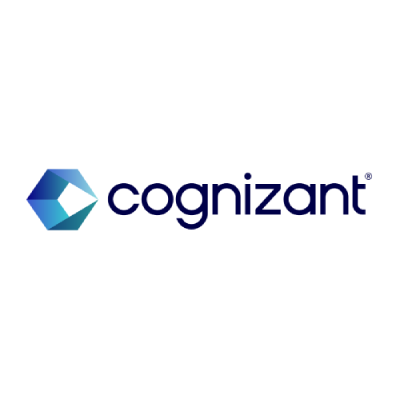As the industry undergoes rapid transformation, financial institutions must modernise their systems, embrace open ecosystems, and prepare for emerging technologies to thrive in the future of payments, according to experts.
Gone are the days of slow, siloed processes. This evolution is fuelled by the increasing speed and volume of data, the adoption of new standards, and the rise of powerful technologies like generative AI and cloud computing. Financial institutions must prioritise customer-centricity, embrace open ecosystems, and unlock the power of data and innovation to stay ahead of the curve in the future of payments.
This urgency for transformation was the central theme explored by Cognizant and Google Cloud at a recent roundtable hosted by CIONet. The event brought together payments experts from leading financial services institutions to delve into these critical topics.
Speed and security in the future of payments
The world of payments is undergoing a revolution. Customers now expect near-instantaneous transactions, and a new breed of FinTech companies are disrupting the traditional landscape with open ecosystems and agile technologies. While this presents exciting opportunities, established financial institutions face a challenge: how to modernise their core systems and processes to keep pace with this rapid transformation shaping the future of payments.
This requires overcoming the hurdles of siloed processes and outdated infrastructure that plague many legacy systems. Modern payment platforms that streamline processes and deliver real-time experiences are essential.
One crucial step in navigating the future of payments is embracing the cloud. The industry is rapidly transitioning towards cloud-based platforms and API-driven solutions, with many regions embracing real-time payments.
This cloud-based agility also facilitates the adoption of new standards like ISO 20022, which is crucial for smooth and fast transactions. The discussion also highlighted how standardisation is essential. ISO 20022 is emerging as the common language for the payments industry, enabling seamless communication. While adoption is rapid, challenges remain. Some view ISO 20022 as overly complex for domestic transactions, and countries are adopting it at different paces. Additionally, variations in the standard and incomplete implementations can lead to data issues.
It's clear the future of payments lies in complete adoption of ISO 20022 and real-time payments. Banks are building modern payment hubs with end-to-end monitoring powered by AI and automation.




















